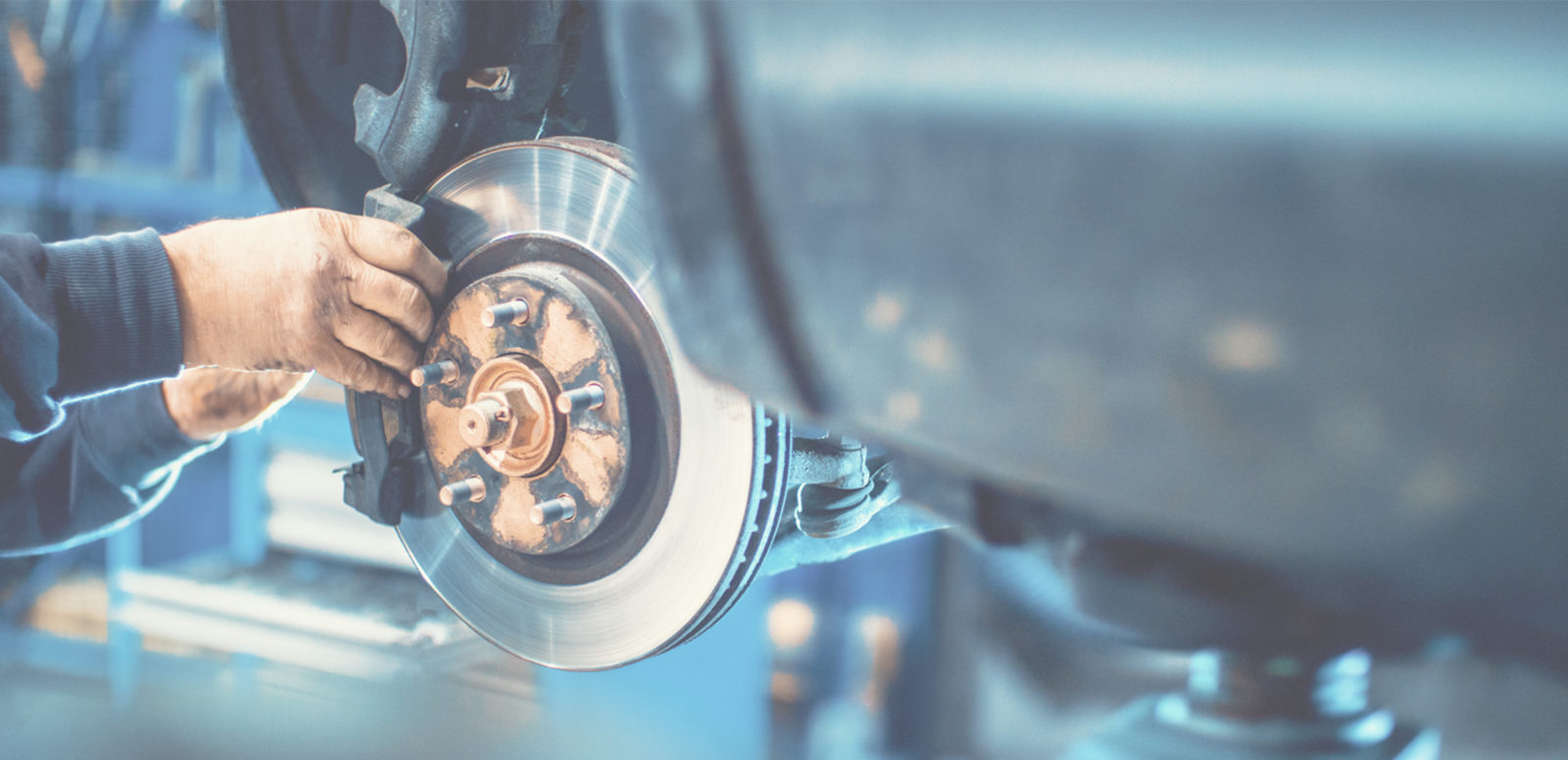What is the California Lemon Law?
The California Lemon Law, also known as the Song-Beverly Consumer Warranty Act, was enacted to protect California residents with defective vehicles that seemingly can’t be fixed after a reasonable number of repair attempts. If your vehicle has defects that didn’t stop after you took it in for repairs at a licensed repair shop or dealership in California, you can file a lemon law claim. You must have bought or leased the vehicle from a licensed dealership in California, and the vehicle must have come with a warranty.
What is a Warranty?
A warranty represents a manufacturer or seller’s promise to stand behind the quality and function of a product. Manufacturer warranties often promise repairs if faults are revealed within a certain time period at no charge. There are two types of warranties under the California Lemon Law:
1. An “implied warranty” ensures that vehicles should be fit for their intended use, meaning they must provide safe, reliable transportation.
2. An “express warranty” is a written document detailing the warranty’s terms, what it covers, and its duration.
If I am out of warranty, do I still have a case?
It depends. Your vehicle can still be considered a lemon if it has a non-conformity, manufacturing defect, or multiple defects that impair the vehicle’s use, safety, or value. If you took the vehicle in for at least one repair during the warranty period, you may still have a lemon law claim. Even with an expired warranty, you can inquire further about your case.
How does a car qualify for the Lemon Law?
Your vehicle qualifies for the Lemon Law if it has recurring issues that haven’t been fixed after a reasonable number of repair attempts. These issues must negatively affect your vehicle’s use, safety, or value. If you believe your vehicle qualifies, take action now and contact a professional.
How many repairs do I need to file a claim?
The California Lemon Law does not specify an exact number of repairs. It only requires that you provide the manufacturer with a “reasonable number of attempts” to fix the issue before filing a claim. What counts as reasonable varies by case.
What do I get if I win a Lemon Law case?
You can receive:
1. Cash compensation – a sum of money while keeping the vehicle.
2. Vehicle replacement – the manufacturer takes your old vehicle and gives you a new one.
3. Lemon law buyback – the manufacturer takes your defective vehicle and gives you a refund.
What is Vehicle Replacement?
If you win your Lemon Law case and choose a replacement vehicle, the manufacturer will take back your defective vehicle and provide you with a new one, typically a model similar in price and features. The manufacturer will cover costs like sales tax, registration fees, and other fees associated with buying a new vehicle.
What is a Lemon Law Buyback?
In a lemon law buyback, the manufacturer takes back your defective vehicle and refunds you. The refund includes the vehicle’s price, down payments, tax, monthly payments, interest, and registration fees. A “mileage offset” is deducted based on the number of good miles driven.
Can I file a claim if I have a used vehicle?
You can file a claim for Certified Pre-Owned (CPO) vehicles, but not for ordinary used vehicles, even if bought from a dealership. CPO vehicles must comply with specific criteria like accurate mileage and no significant damages.
Can I file a claim if I leased my vehicle?
Yes, if you leased your vehicle from a licensed California dealership, you can file a lemon law claim.
Does the Lemon Law protect me if I use my vehicle for business purposes?
The law mainly protects personal, family, or household vehicle use. It also offers protection for business-use vehicles under specific conditions: the vehicle must weigh less than 10,000 pounds, and the owner can have no more than five business vehicles.
Can I file a claim if I no longer have the car?
No, you must still have possession of the vehicle in order to file a lemon law claim.
What are the California Lemon Law presumptions?
The Tanner Consumer Protection Act outlines circumstances where your vehicle is presumed to be a lemon:
1. If a defect can cause injury or death and has been repaired twice.
2. If a defect is repaired four times.
3. If the defect keeps the vehicle in the shop for more than 30 cumulative days.
If these conditions are met, and arbitration results in an unfavorable outcome, the manufacturer must prove that the vehicle is not a lemon.
My vehicle is older than 18 months, or has more than 18,000 miles. Can I still file a claim?
Yes, you can still file a claim under the California Lemon Law as long as the problems began during the warranty period and were not fixed within a reasonable number of repair attempts.
How much does it cost to hire a lemon law attorney?
There are no upfront or out-of-pocket costs for hiring an attorney. Our firm works on a contingency basis, meaning we only get paid if you win your case. If you win, the manufacturer covers attorney fees and costs.
How long do I have to file a Lemon Law claim?
You have one year after the expiration of the vehicle’s warranty to file a Lemon Law claim. After that, you are no longer eligible to file a claim.

